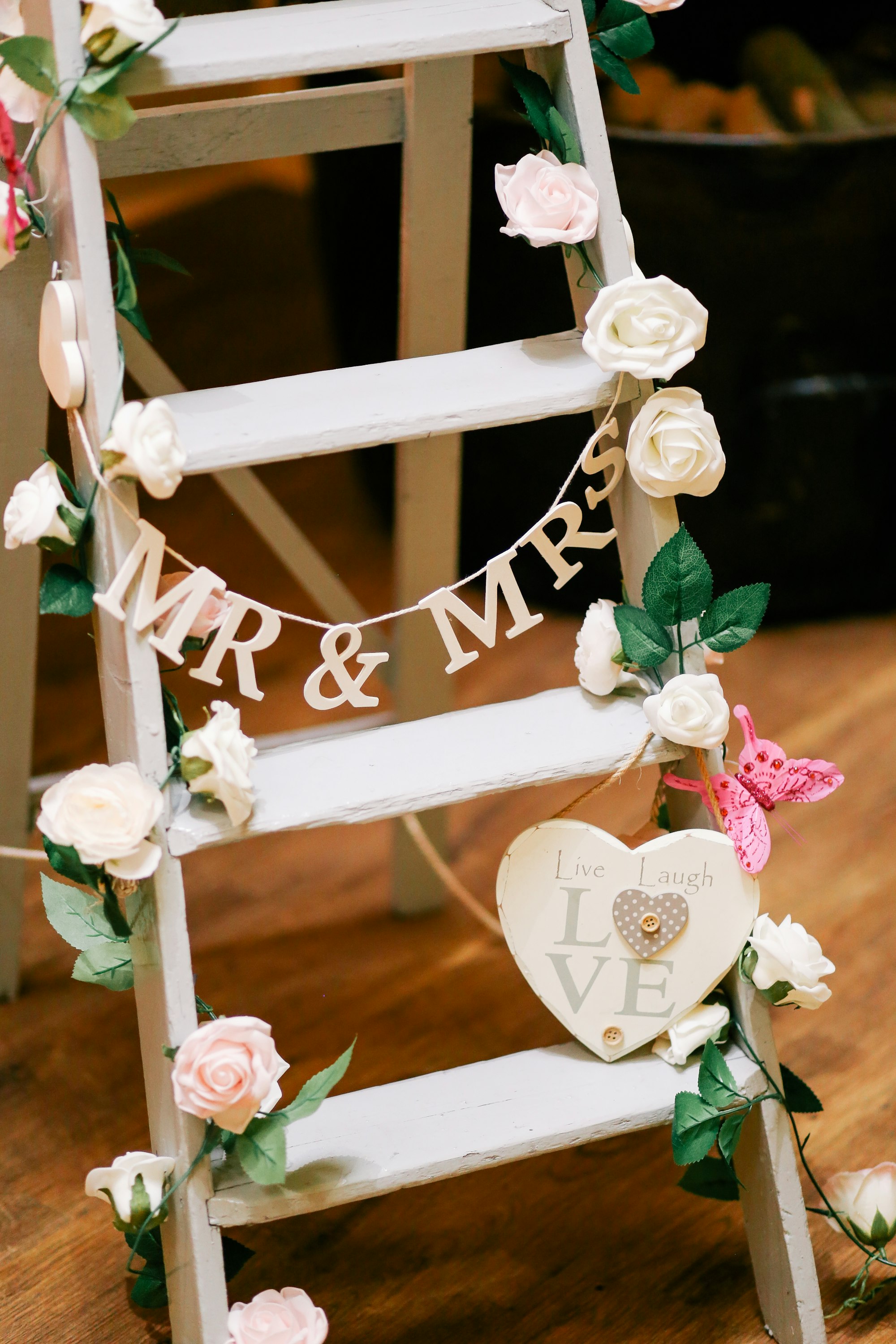Little Known Facts About Women's Surnames After Marriage
It's possible that the women in your family tree kept their maiden surname in some way after marriage. Traditions brought to America from home countries were not abandoned at the border. Some awareness of our ancestors' practices can help genealogists stay on track with research.

It's possible that the women in your family tree kept their maiden surname in some way after marriage. Traditions brought to America from home countries were not abandoned at the border. Some awareness of our ancestors' practices can help genealogists stay on track with research.
Here's some traditions for the largest ethnic groups that immigrated to Pennsylvania:
- It was common for Italian, French, and Dutch married women to use their maiden surname on legal documents.
- Welsh women often kept their maiden surname after marriage, while Scottish women would revert to their maiden name when widowed.
- Hispanic and Scandinavian women would use a combination of both maiden and married surname post marriage.
- African American women who were enslaved would have used the surname of their enslaver. Post emanicipation, they most often chose a new surname.
What if a researcher is unsure of the ethnicity of their ancestors? This is where an autosomal DNA test from any of the major testing companies can help. Ancestry, FamilyTreeDNA, 23&Me, and MyHeritage all provide data on ethnicity mixtures. The way each company calculates ethnicity can vary, but it can still point someone in a general place to start.
Are there other traditions you know of that married women followed with their surnames? I'd love to hear about it!
© 2019–2022 PA Ancestors L.L.C. and Denys Allen. All Rights Reserved.
